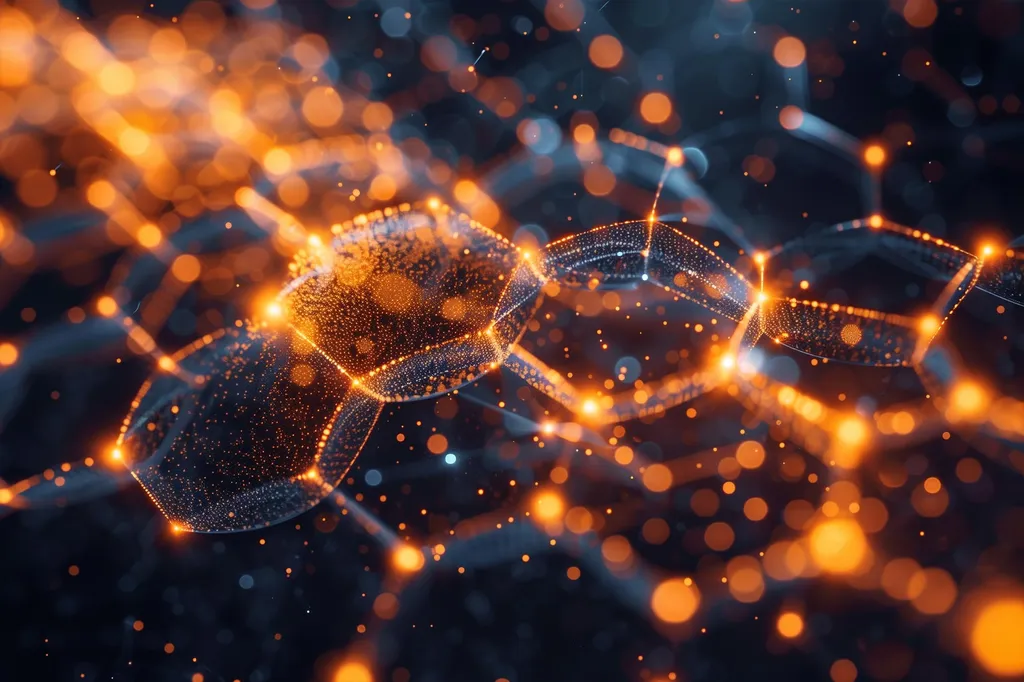In the heart of the University of Cambridge, a team of researchers led by Dorian Gangloff at the Cavendish Laboratory is quietly revolutionizing the way we think about data storage and quantum communication. Their work on the MEEDGARD project, recently published in the journal *Materials for Quantum Technology* (translated from the original German title), is paving the way for a future where quantum information can be stored and retrieved with unprecedented efficiency. This breakthrough could have profound implications for the energy sector, particularly in the realm of quantum internet and secure communication.
The MEEDGARD project focuses on quantum-dot nuclear-spin memories, a technology that leverages the unique properties of quantum dots—tiny semiconductor particles that can trap and manipulate individual electrons. These quantum dots are not just any particles; they are engineered to interact with the nuclear spins of atoms, creating a robust memory system that can store quantum information for extended periods.
“Quantum dots are like tiny traps for electrons,” explains Gangloff. “By manipulating the spin of these electrons, we can encode information in a way that is both stable and highly secure. The nuclear spins within these dots act as a memory, allowing us to store this information for much longer than traditional methods.”
The potential applications of this technology are vast, particularly in the energy sector. Quantum internet, a concept that has been gaining traction in recent years, relies on the ability to transmit quantum information over long distances without loss or interference. Quantum-dot nuclear-spin memories could be the key to making this a reality, enabling secure and efficient communication networks that could revolutionize everything from smart grids to energy distribution systems.
“Imagine a world where energy systems are interconnected through a quantum network,” says Gangloff. “This would allow for real-time monitoring and control, significantly improving efficiency and reducing waste. The implications for the energy sector are enormous.”
The research published in *Materials for Quantum Technology* (translated from the original German title) represents a significant step forward in this direction. By demonstrating the feasibility of quantum-dot nuclear-spin memories, Gangloff and his team have opened the door to a future where quantum information can be stored and retrieved with unprecedented efficiency. This could lead to the development of new technologies that are not only more secure but also more energy-efficient, addressing some of the most pressing challenges facing the energy sector today.
As the world continues to grapple with the complexities of climate change and the need for sustainable energy solutions, the work of Gangloff and his team offers a glimmer of hope. By harnessing the power of quantum dots and nuclear spins, they are laying the groundwork for a future where energy systems are not only more efficient but also more secure and interconnected. The MEEDGARD project is a testament to the power of innovation and the potential of quantum technology to transform the way we live and work.

